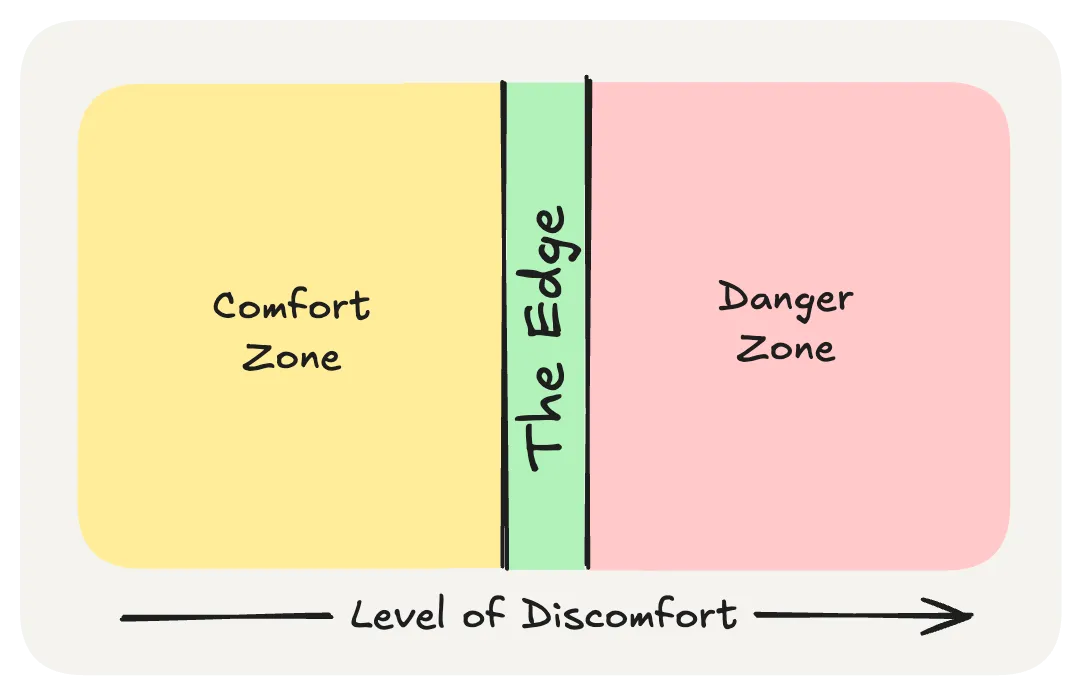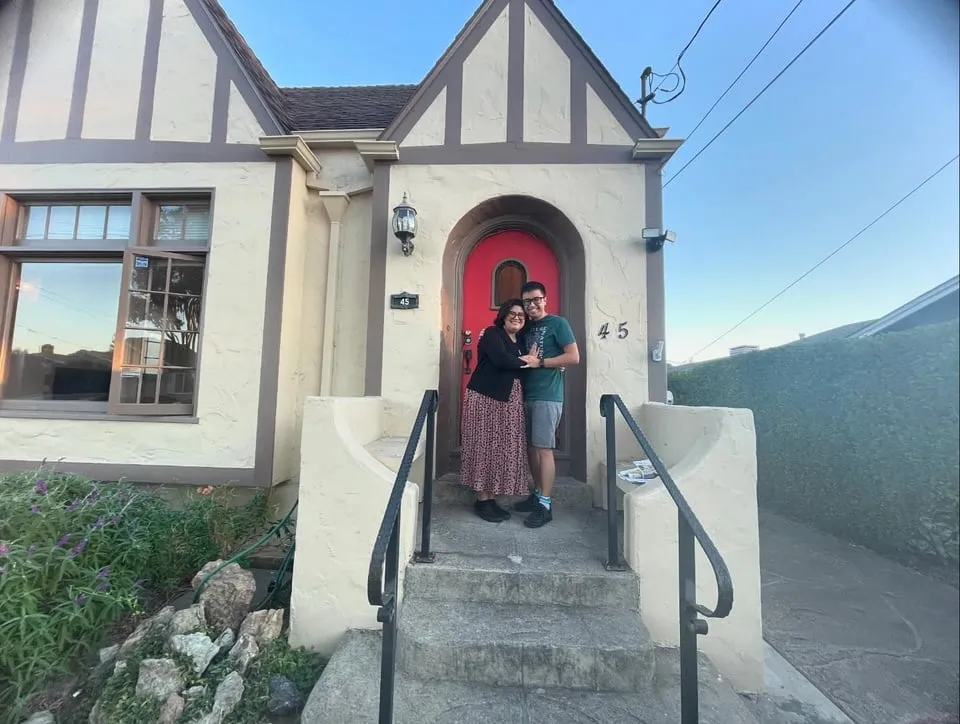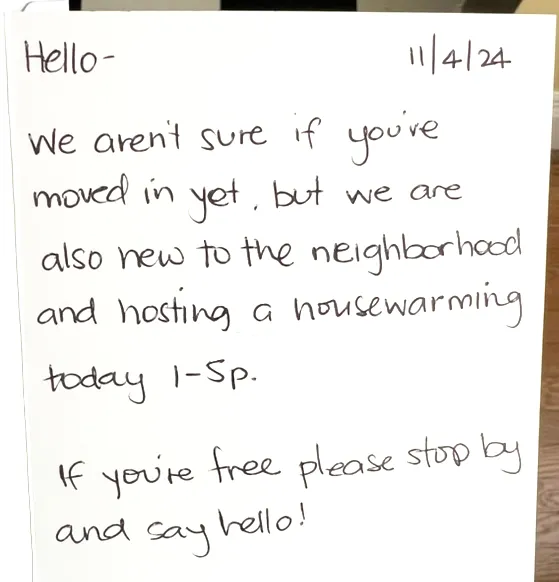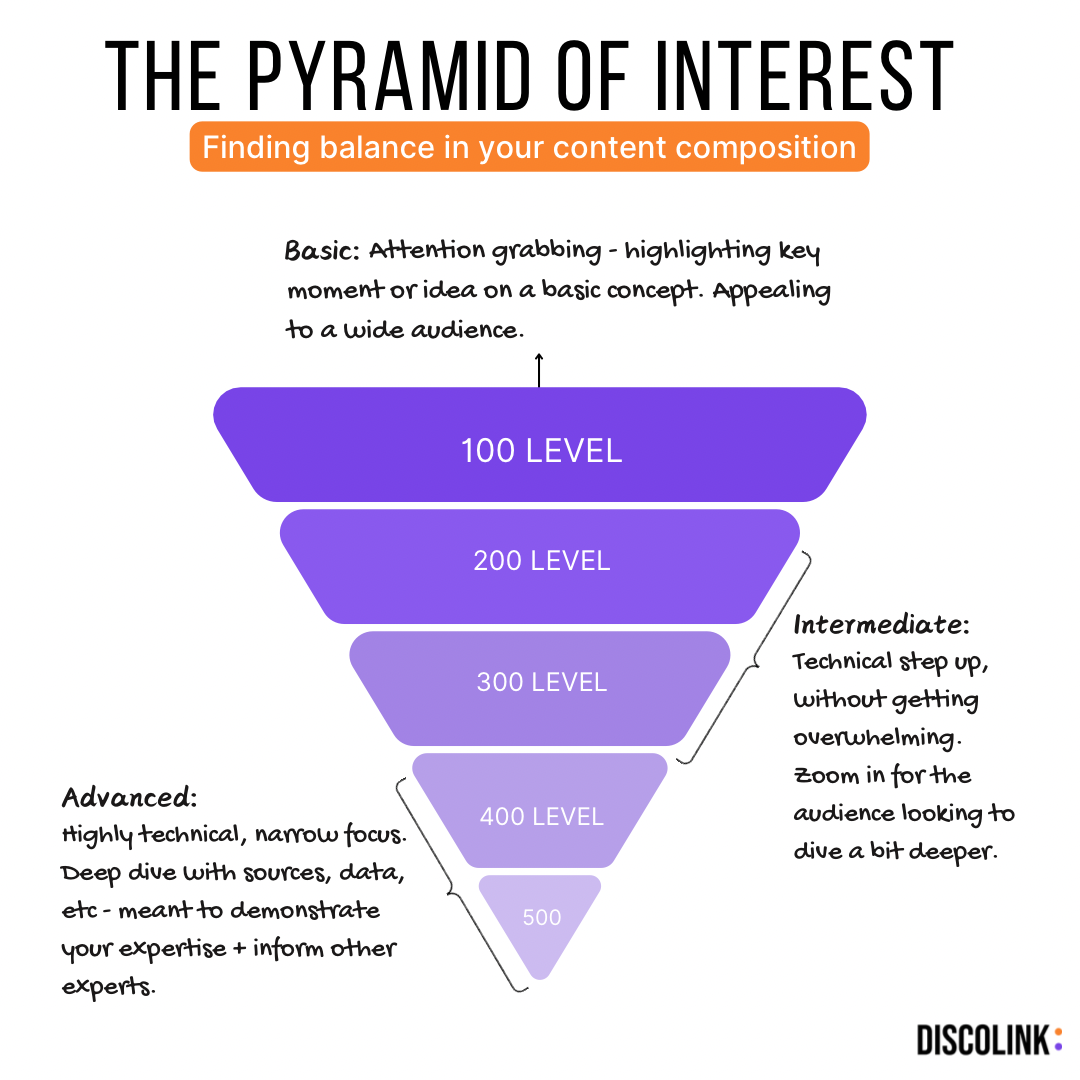Thanksgiving week, and for the past few weeks I haven’t been keeping up with my notes. But I still continue to do it.
We hosted a friendsgiving, so here’s some of the things I used to get through cooking.
- The Kitchn - How To Make Vegetarian Thanksgiving Lasagna
Attacked for Bitcoin?
GitHub - jlopp/physical-bitcoin-attacks - Physical Bitcoin Attacks: A list of known attacks against Bitcoin / crypto asset owning entities that occurred in meatspace.
The world is more dangerous than we know it. Thank you, crypto bros
Where’s Your Ed At?
Ed Zitron’s newsletter, “Where’s Your Ed At?” is absolutely worth the read. His latest newsletter, Lost In The Future, has an insightful reflection on the Trump win, and the sentiments we all feel.
See also: Stratechery by Ben Thompson - A Chance to Build
And this: Vitalik Buterin - From prediction markets to info finance
Codex Operandi
Nabeel S. Qureshi’s Principles
Open Sourced AI
The Open Source AI Definition — by The Open Source Initiative
Now let’s see how many closed models will follow along. See Why Compound AI + Open Source will beat Closed AI.
And I’ll leave this essay by Aidan McLaughlin here: The Problem with Reasoners
I just really like this title
Hazel Weakly - Home Baked Abstractions, Store Bought Implementations
And this: Henrik Karlsson - A blog post is a very long and complex search query to find fascinating people and make them route interesting stuff to your inbox
Bear With Us
When you stay at the Fat Bear Lodge
Many Ways to Skin a
1 dataset. 100 visualizations.
Reminds me a lot of Giorgia Lupi and Stefanie Posavec
See also: Lila Shroff - Datasets as Imagination
Empowering for future me
What does it mean to end a career?
Bitfield Consulting contemplates this in A career ending mistake.
Local Happenings
KTVU FOX 2 - Beloved Puerto Rican restaurant La Perla moving out of Oakland
KQED - Omar Torres Resigns From San José City Council, Is Arrested
Newsletter Recs
- for Big Culture Essays;
- for art/literary criticism;
- for U.S. election news;
- Nate Silver
- ettingermentum
- for nuanced tech takes;
- AI Snake Oil
- Reboot (self-plug)
- for fun;
- for visual inspiration;
How to make it perform
eieio.games - The secret inside One Million Checkboxes





